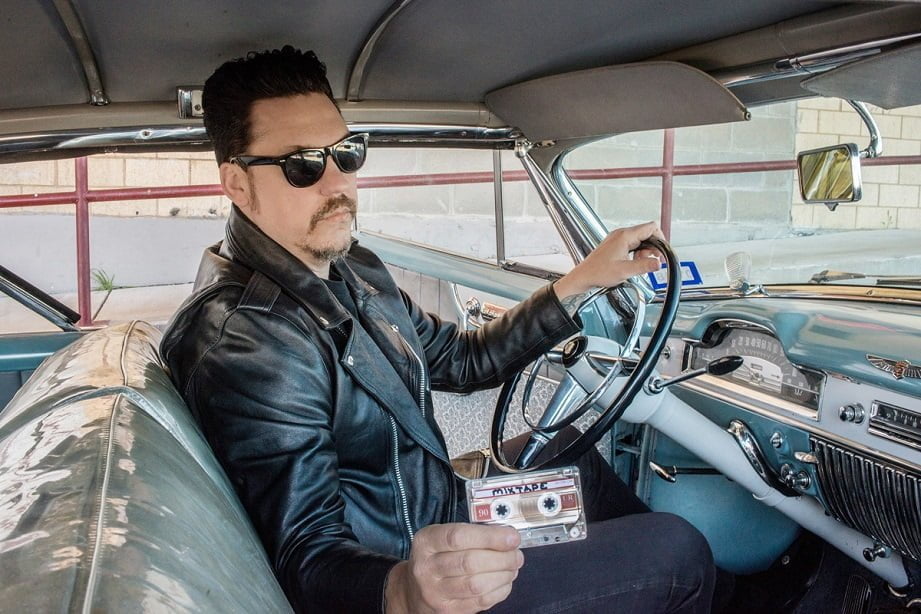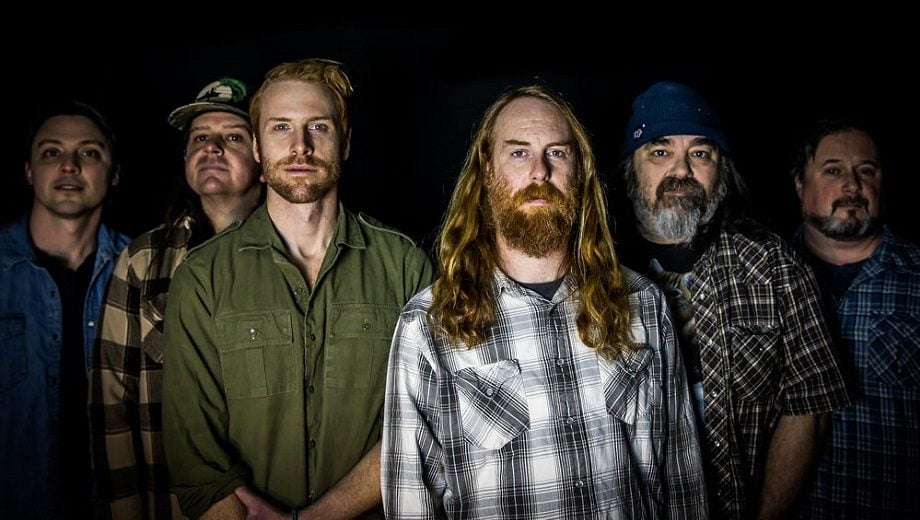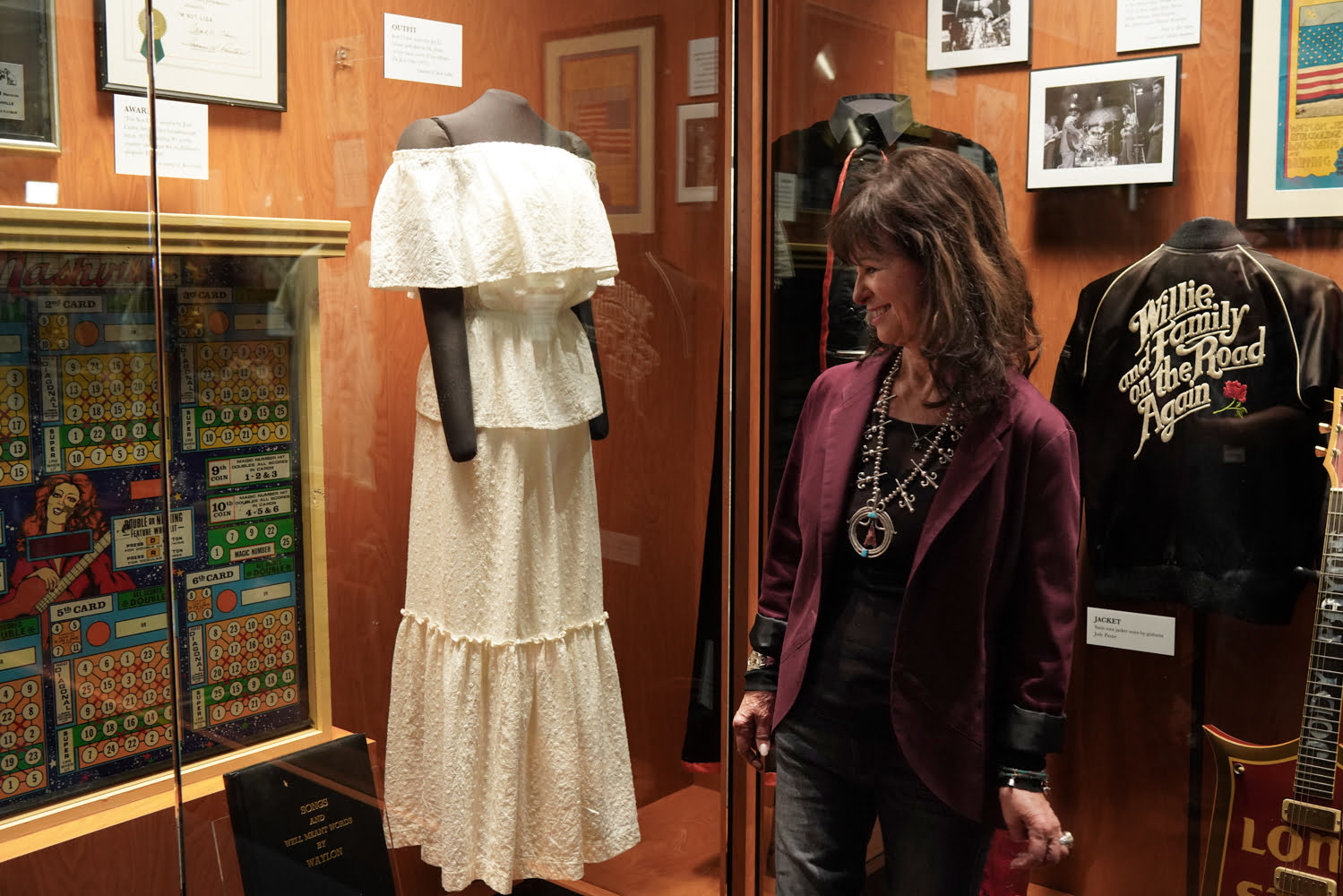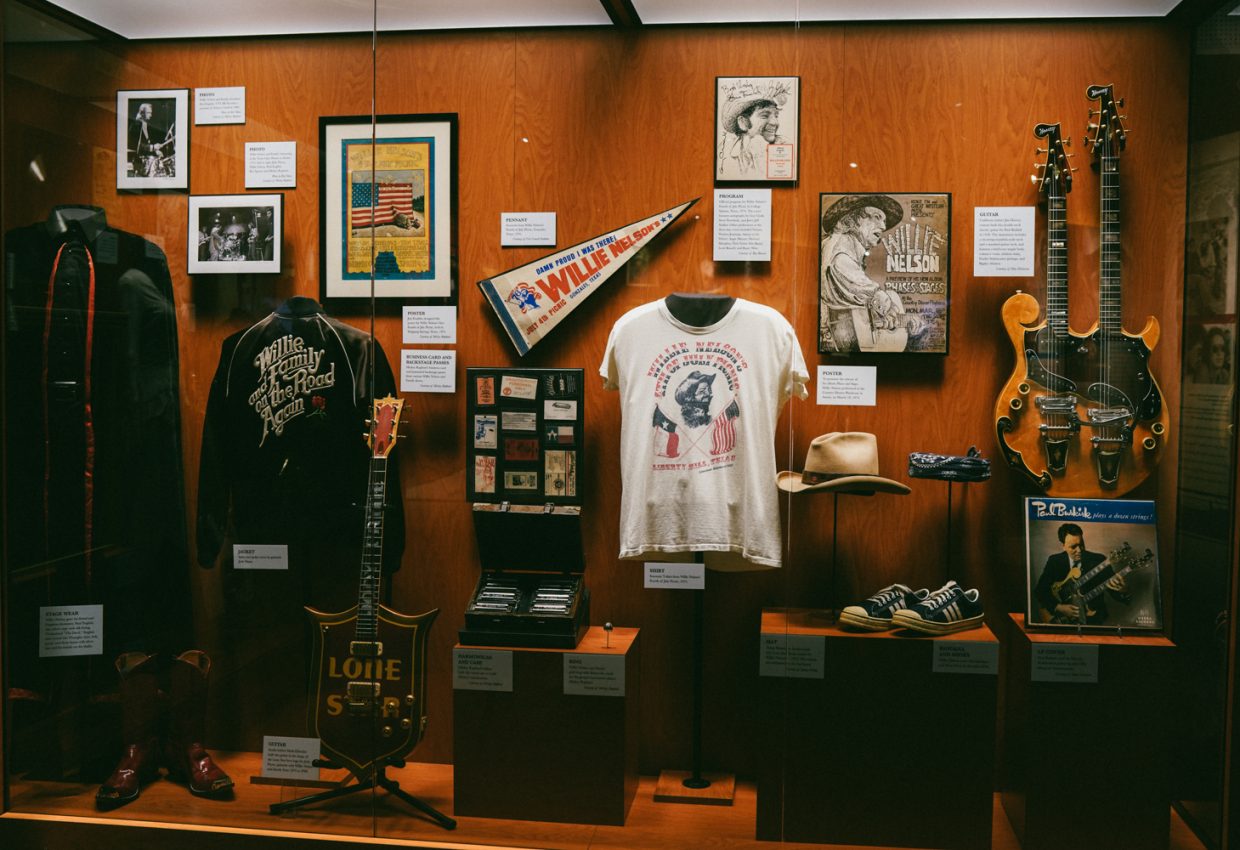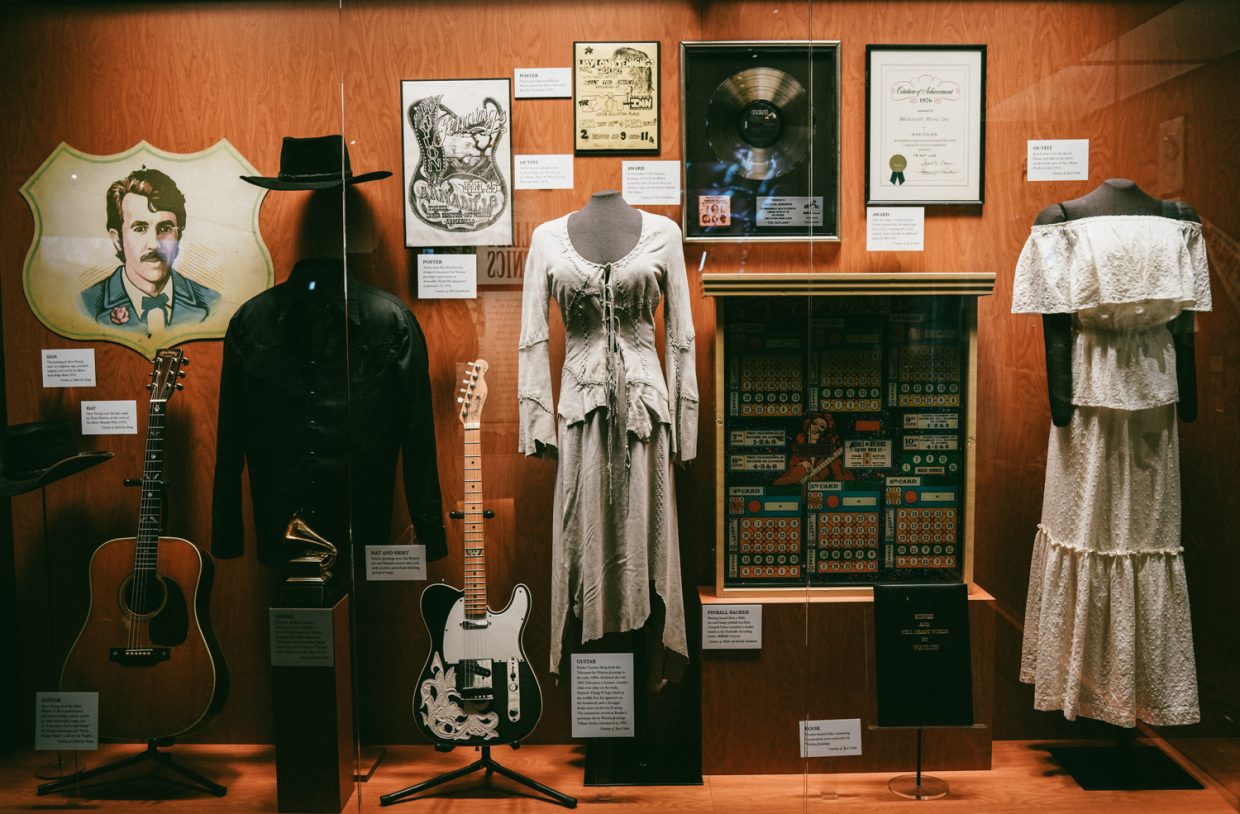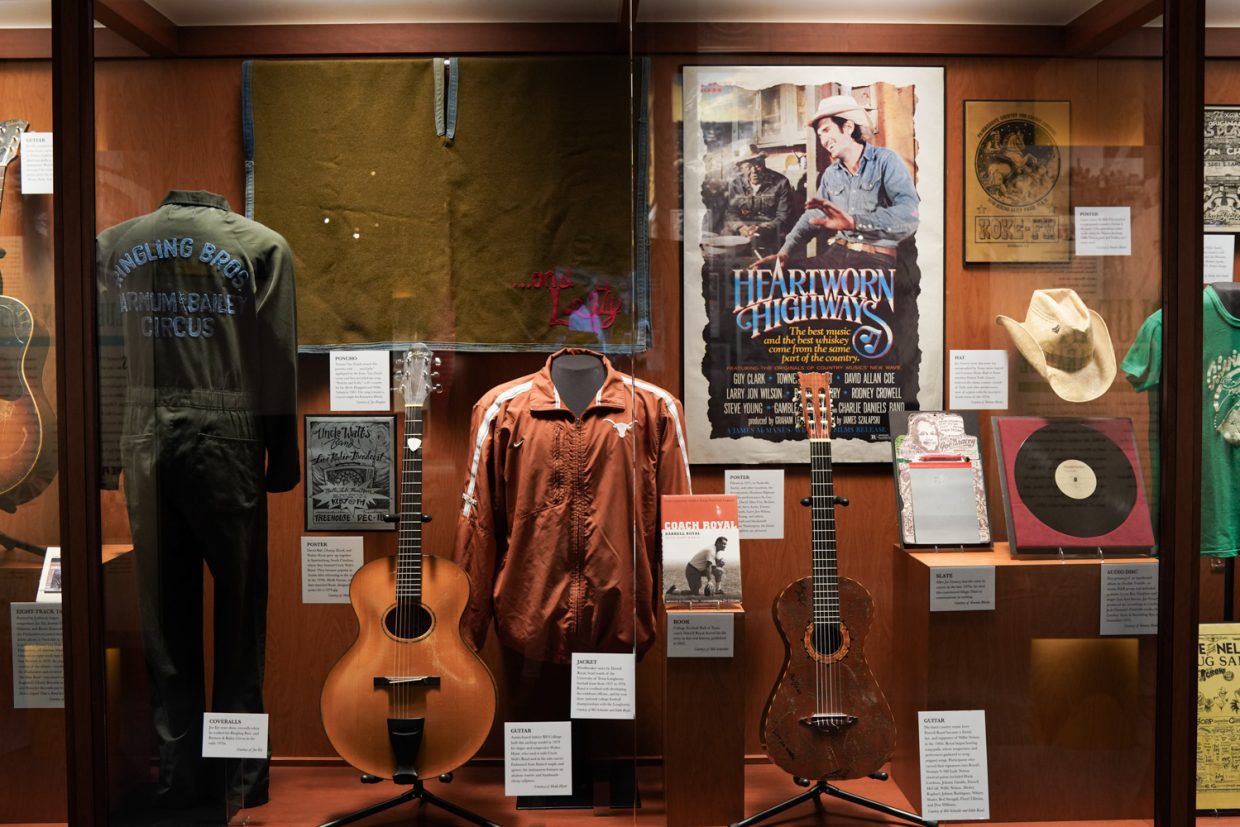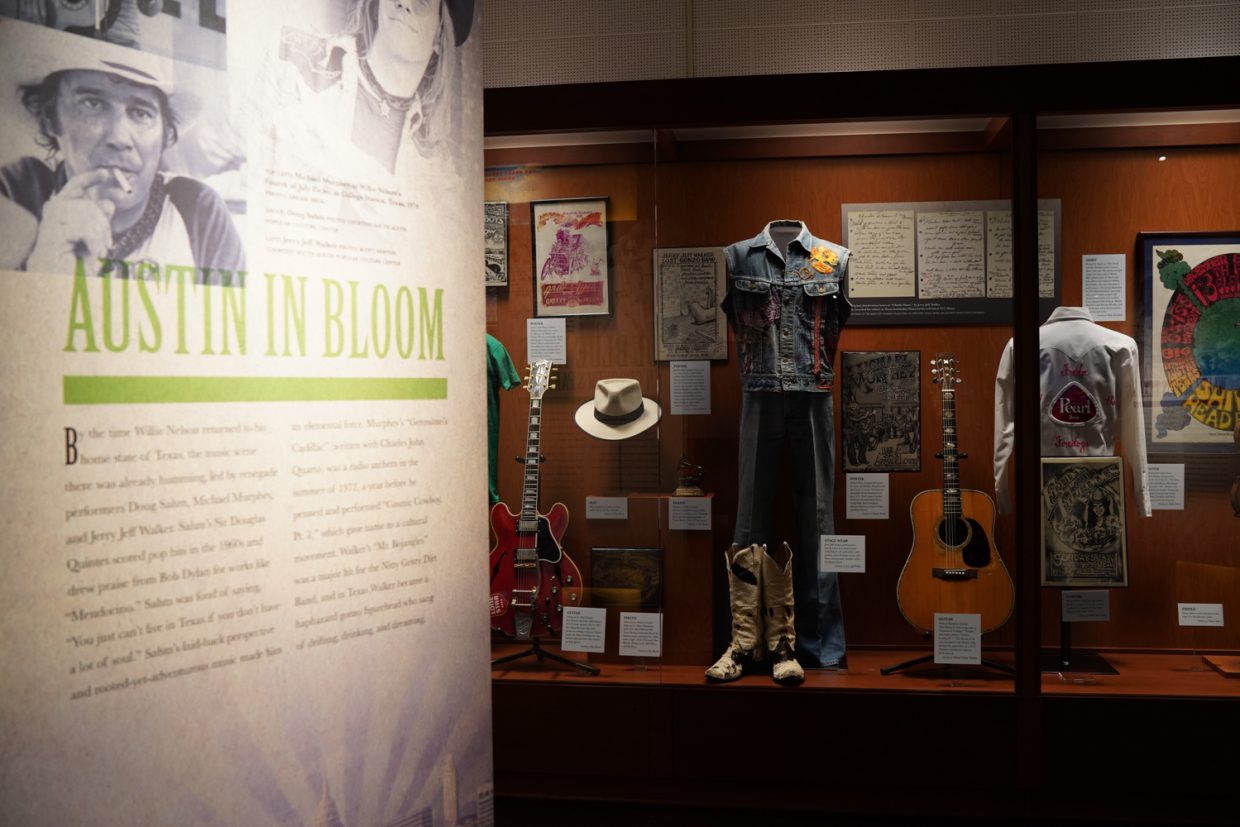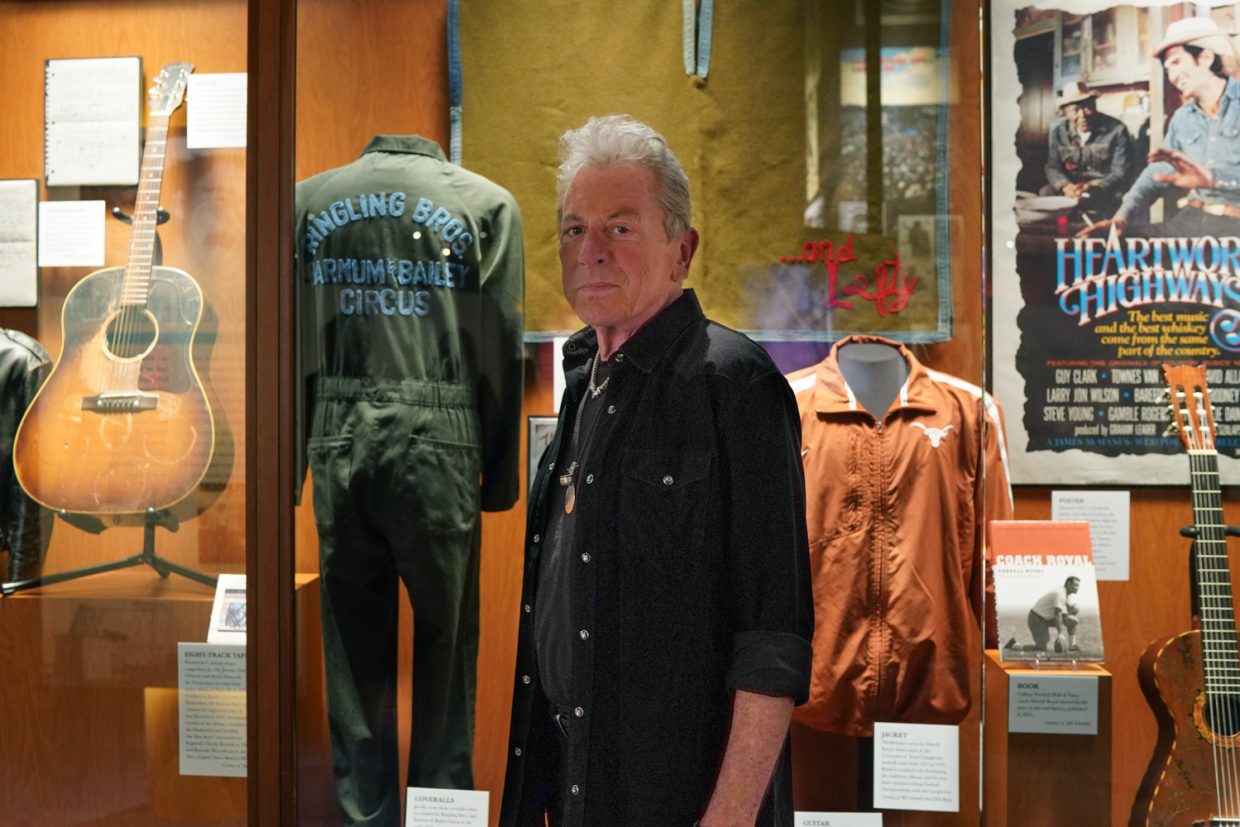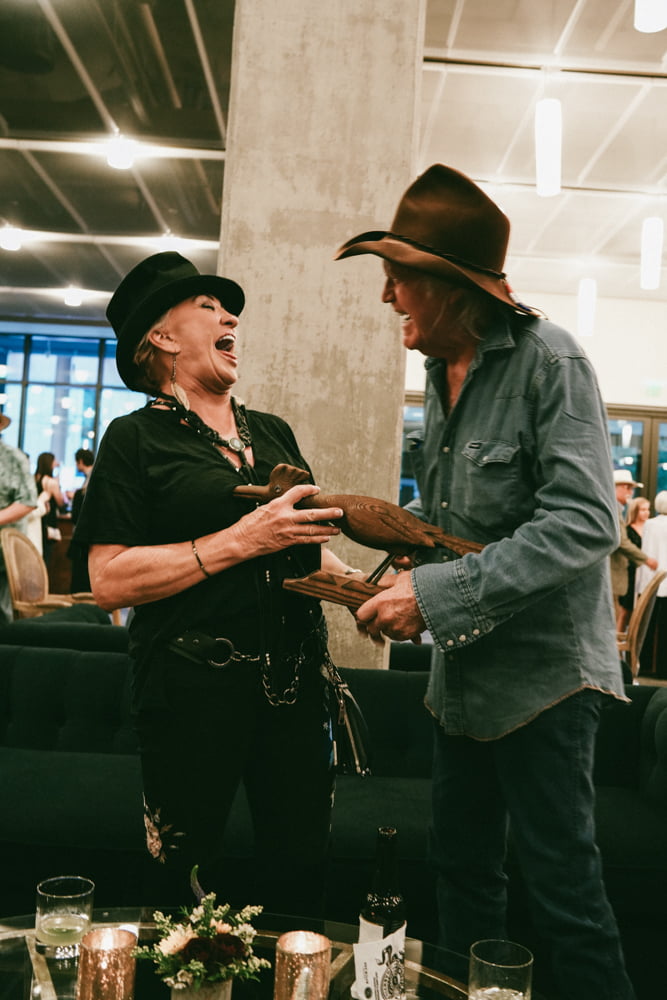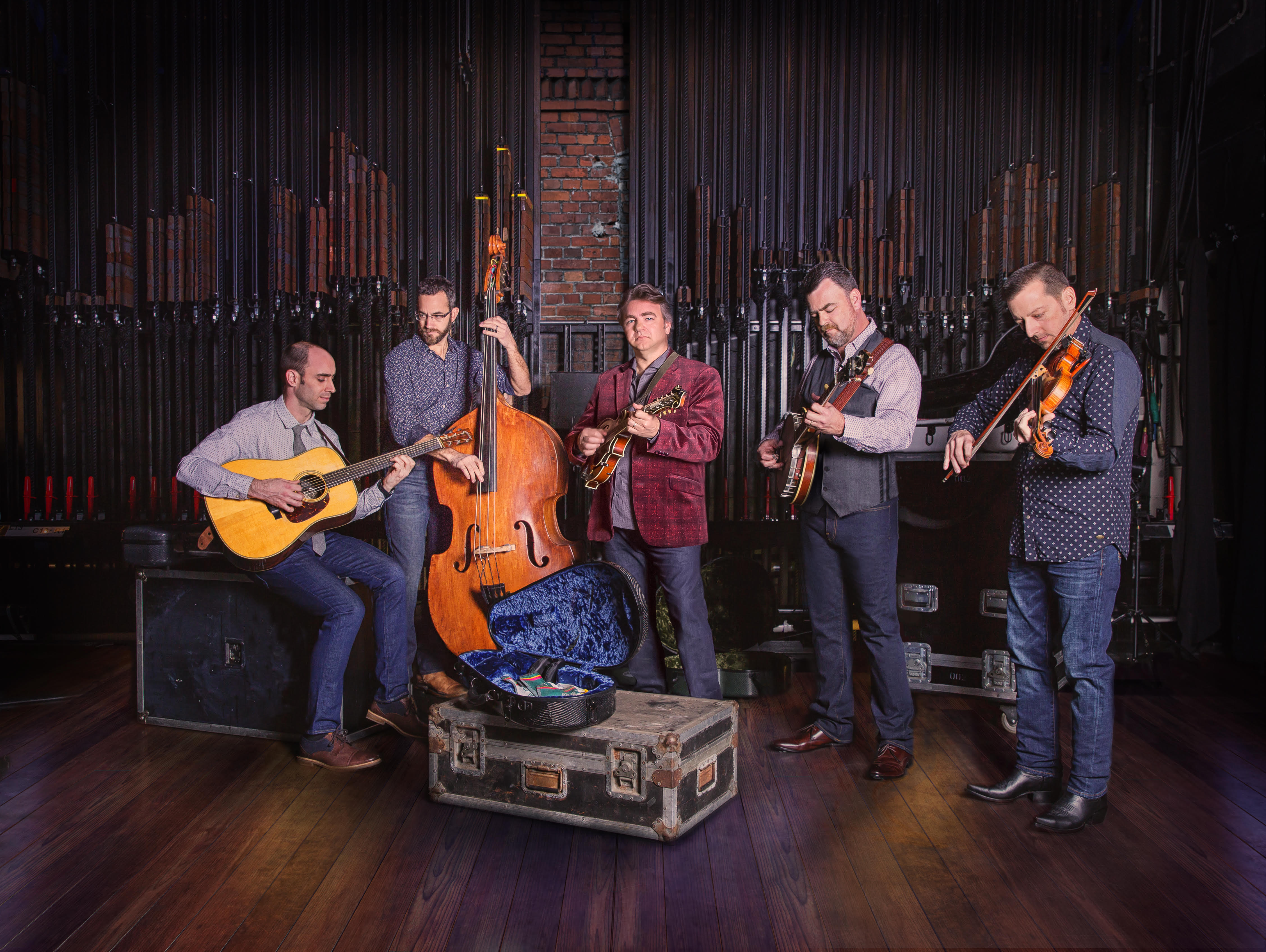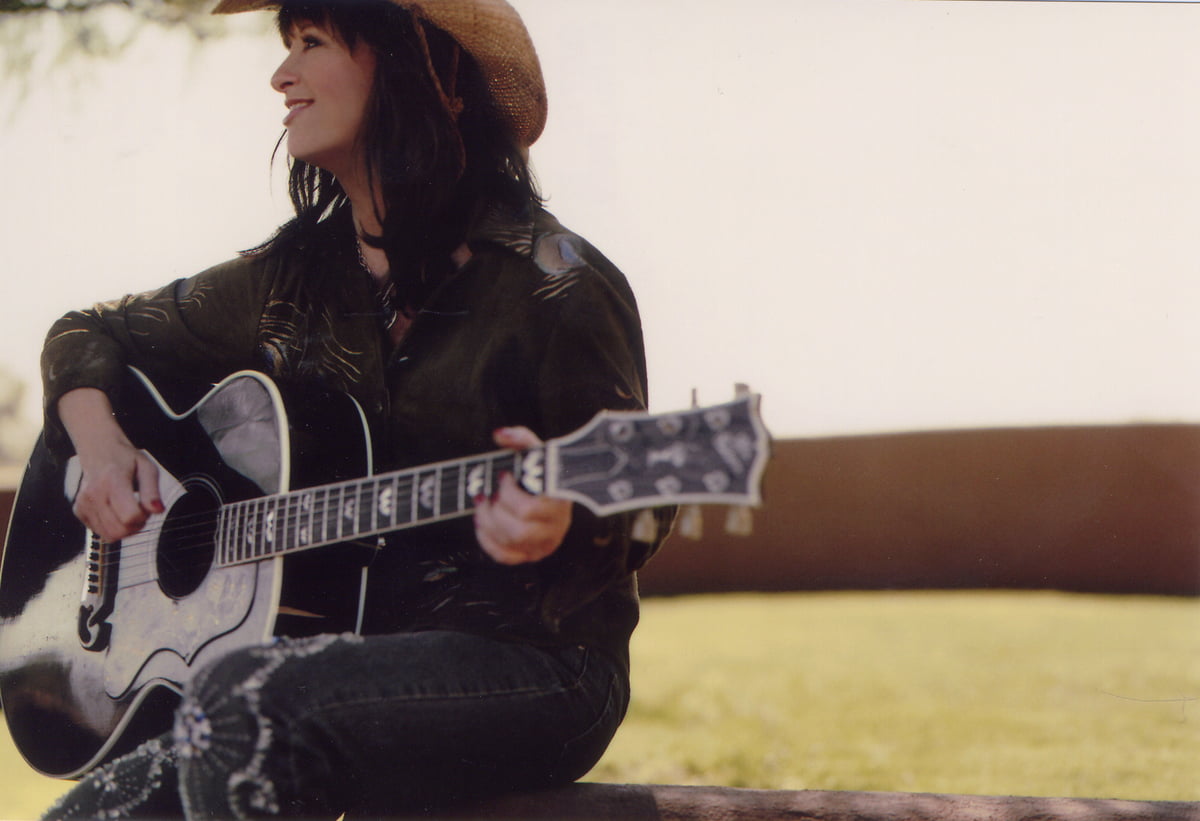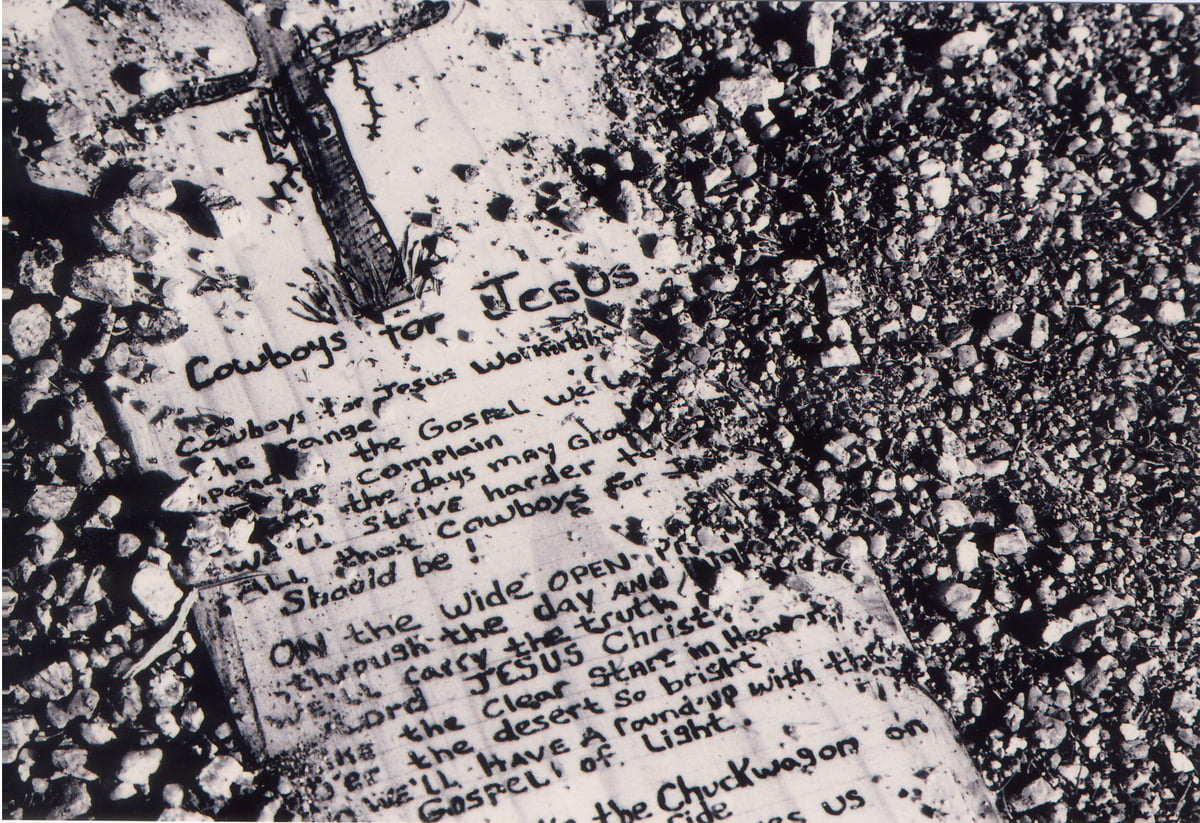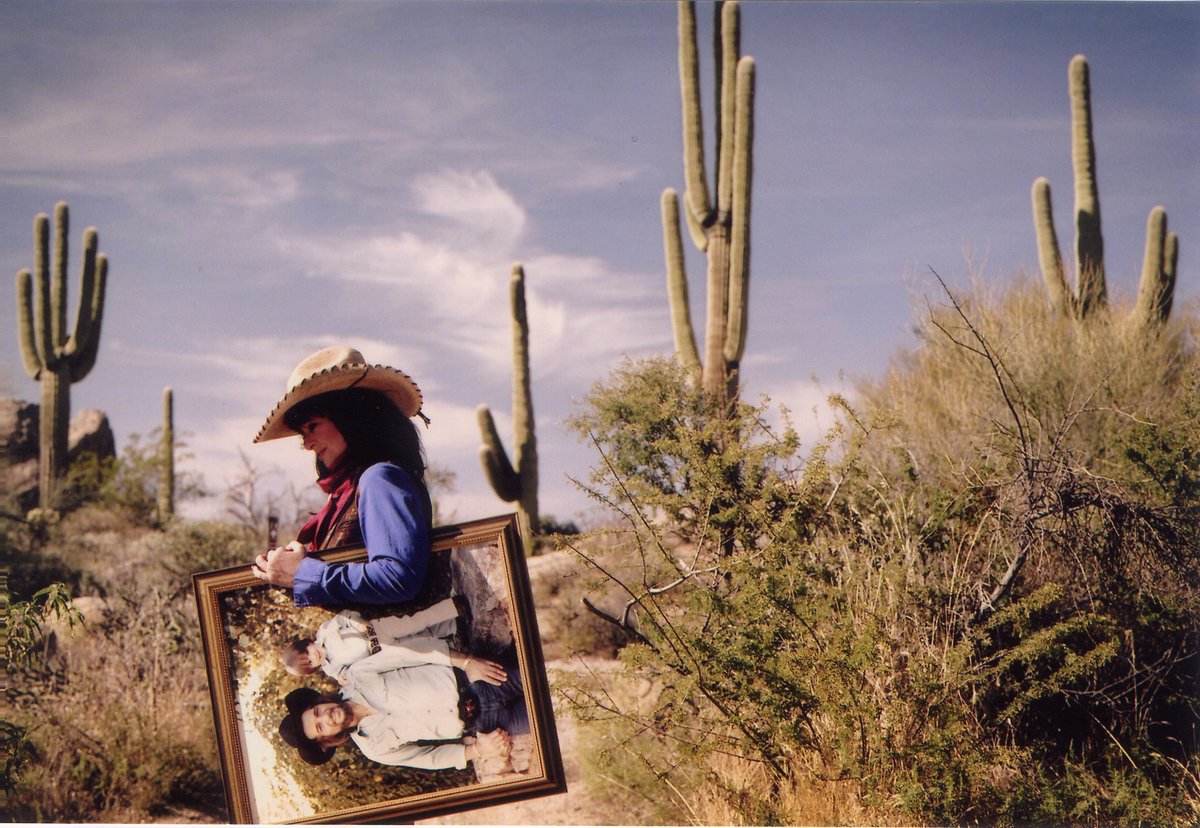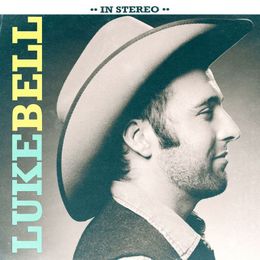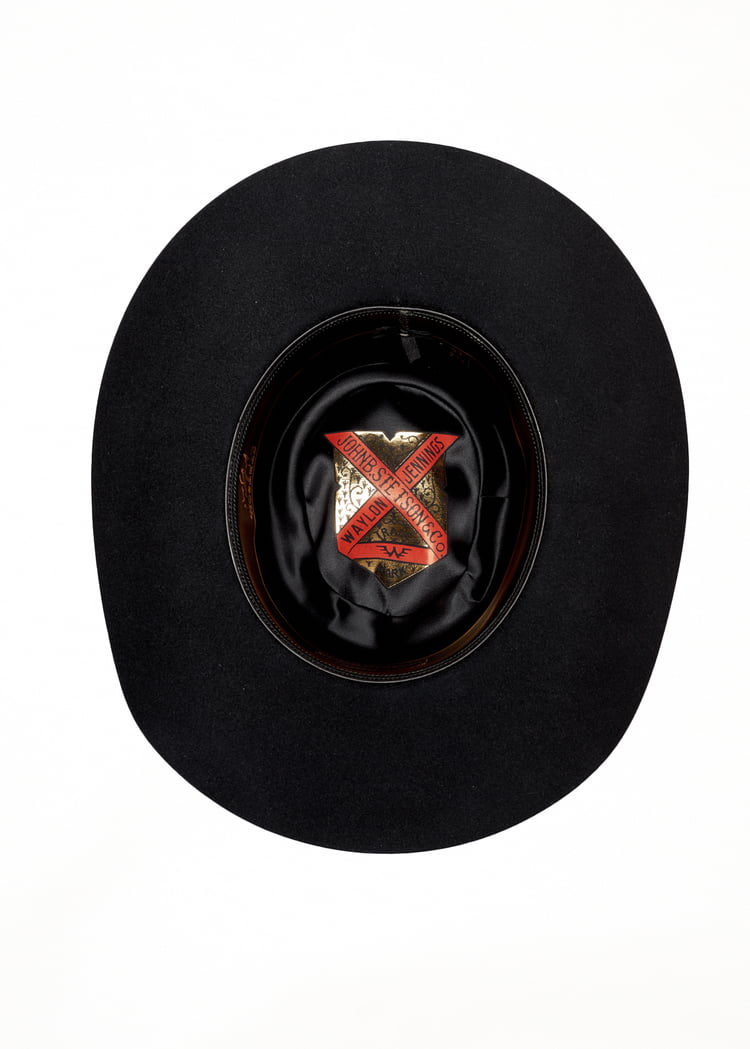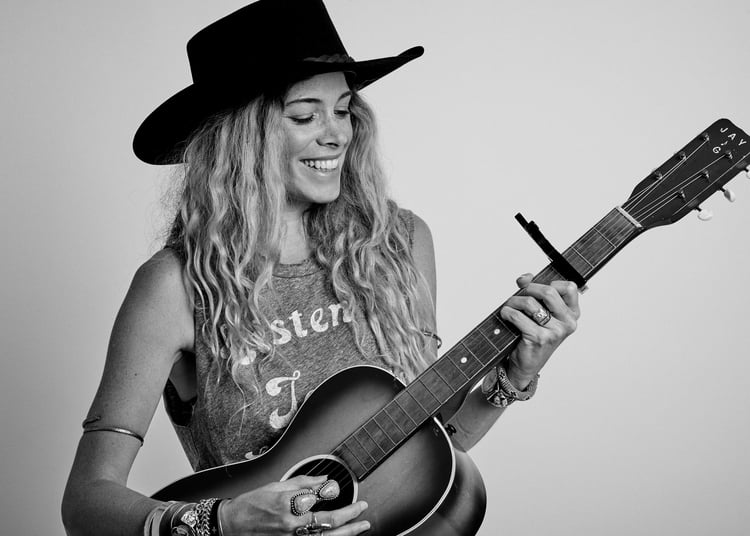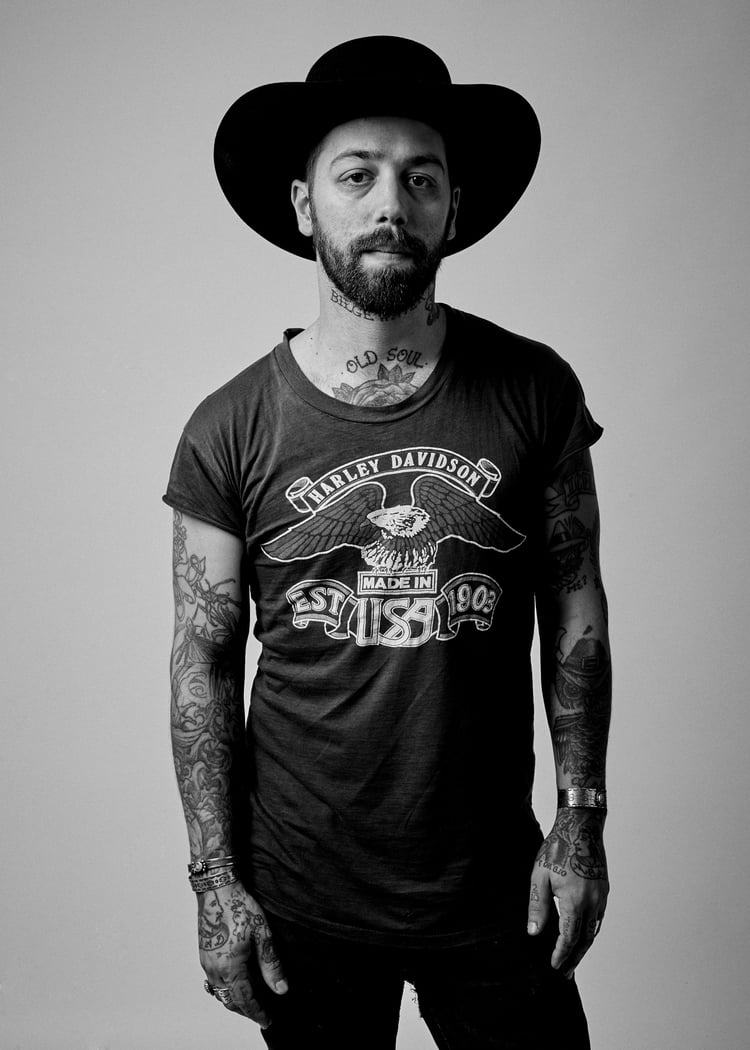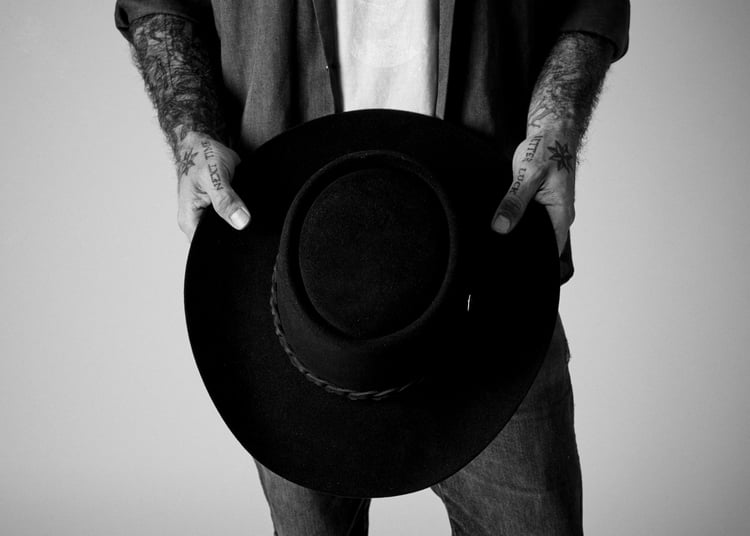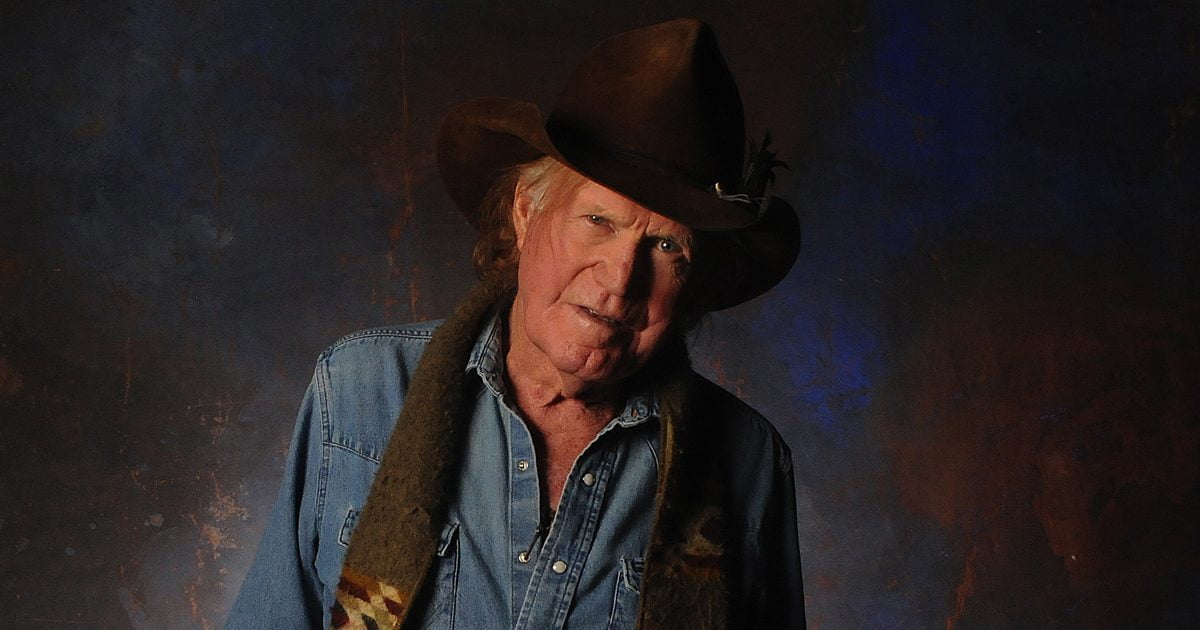Jessi Colter’s musical legacy has long been a balancing act between “the outlaw” and “the lady,” but there’s another side — a third — that informed her identity in even greater measure than those two descriptors. The daughter of a Pentecostal minister mother — that’s right, mother — Colter (whose birth name is Mirriam Johnson) grew up in the church and held faith close to her heart. But as her musical ability crystallized and caught the attention of rock ‘n’ roll guitarist Duane Eddy, who would go on to become her first husband, and later Nashville musician and producer Chet Atkins, Colter found herself in a world that didn’t always make room for those beliefs. That became doubly so when she married singer Waylon Jennings and struggled with a love that was at turns exhilarating and at others tumultuous.
Colter has proved throughout her career that identity isn’t an either/or categorization. It’s a prism refracting various aspects of a person’s many parts depending on the light. She is all the things that helped her rise to fame in the country world — a member of the Outlaw movement (along with Jennings, Willie Nelson, and Tompall Glaser), a hit single writer for candid tunes like “I’m Not Lisa,” a gold record holder — and an equally devote Christian. The lesson was not about finding a world that made room her faith, but about making sure she created that space in herself. The rest would follow. And it did. She released the spiritual album Mirriam in 1977.
Colter returns this year with another spiritual album, The Psalms. Recorded with friend and collaborative partner Lenny Kaye, the project puts music to David’s Biblical words and follows her last studio album, 2006’s Out of the Ashes. She also used that creative momentum to pen a biography with David Ritz, appropriately titled An Outlaw and a Lady. In it, she chronicles her early days in the church, her wild romance with Jennings, and how music — through it all — pulled her disparate parts together. Songs, like the blessing of breath, connected it all to something greater.
In your biography, you return again and again to your mother and the spiritual foundation she laid in your life. What does that mean to you now, reflecting back?
I realize the importance of heritage; I am so appreciative and grateful for what I was raised in. I’ve come full circle, and I don’t know exactly what to say except the most important thing that I have in my life — with all the great experiences I’ve been given — is to keep my faith. I just feel like we’re eternal beings and what we do here is certainly part of our humanity, but our humanity will decrease and our spirit will increase, so people who don’t keep one foot in this world and one in the next are not playing with a full deck.
Speaking of heritage, your parents named you Mirriam after Moses and Aaron’s sister. Did you ever view the music you wrote as containing her prophetic quality?
No, I really didn’t. When I wrote Mirriam, it was because I was returning to my faith and it was very joyous and it was working in me. I expressed it in song. None of it has been pre-determined. The way The Psalms has come and the way this book has come, I have to believe is supernaturally designed. I really do think it has been guided by God. Who would think an album we started 10 years ago would come out right before Easter, and the book would come out at Passover? The High Holy Days! Who would’ve figured that out? I have no manager; I don’t have a booking agent. Lenny Kaye and I just collaborated and here it is.

In keeping with that sentiment, your book details how much more you received once you relinquished control and gave yourself over to a higher power. How do you let it all go? That’s so difficult when we, as humans, want to have control over something.
Oh, I know. Our self-will is our greatest enemy. This wasn’t deeply discussed in the book, but when I was about 28, I had ambition. I’d been driven and drawn to music, loved it. I’d written, continued to write. When I did “I’m Not Lisa,” I had two albums ahead. I was at this point where my ambition was really frustrating me, and I don’t know what clicked in my brain or my spirit to say, “You know what? I give it up. And if this something you want me to give up, I’ll give it up.” It hurt. I could feel it in my heart.
Right, for an ambitious person that would be painful.
Yeah, and it wasn’t six months that I had a gold record, and it was a large green light. God gives us desires to fulfill them, and I think all he wants us to do is to say, “I need you to help me on this, because I can’t do it.” It doesn’t make us less, it makes us more, because we get past ourselves to get what we truly need or want or what we’re destined for.
He made us. When the breath goes out of a human being … I saw it when I lost my dearest husband Waylon. When God’s breath went out of him, it wasn’t Waylon anymore, and where we get off that we’re in charge, I don’t even know. But it’s a problem. It’s going to be His way so you may as well line up, is my theory. But I had to learn it. It’s a lifetime project.
Part of that learning, for me, involves taking attention off yourself and focusing it on other people or issues, so it’s interesting that you open with Psalm 150, which you’ve stated holds significance for you for that very reason. How did you choose what to include and how to arrange it?
You know, we didn’t have any big design. There are some that I go back to more than others. Of course, the 23rd Psalm is possibly the greatest poem ever written.
Is that your favorite?
It’s inscribed in my home, and I walk by it at different times and I’ll see different things. “The Lord is my shepherd, I shall not want.” I’ve heard versions that replace it with, “The Lord is my shepherd, that’s all I want,” which is a very cool way to think. David was so universal; his perspective was so uplifting. Then I discovered in the Jerusalem museum — when Waylon took me to Israel — the most recently unearthed (what they believe to be) Psalm of David in the Dead Sea Scrolls. It’s David’s last Psalm and it’s a self-portrait of him. His brothers were tall and handsome, and yet the prophet came looking for him. What a story. He was a prophet, a warrior, they say a musician, a poet; he spoke priestly and he was a king. He’s very important to me because I love this man and I look forward to meeting him, but these Psalms are just magic because, if you get into them, they will read you. I’m stirred every day and I look to it for guidance. The spirit never dies — an eternal thing never dies. They’re very alive.
I think that’s language, too. That’s part of its power.
Yes, exactly.
But you’ve expressed how much writing means a great deal to you, so I found it curious that you would make an album using someone else’s words.
They will forever be David’s, but they’re in my heart, so I draw from them. It was challenging because, when I compose, I usually compose the lyrics and the words at the same time, and to have all that taken away and to try and figure … there’s no rhythm here, so it’s just free-flowing prose and very challenging for a musician, and challenging for those [musicians] Lenny added. We did it slowly. Sometimes it was two years before I’d get another song.
And it got stuck in every CD player I played! I thought, “What are these discs that Lenny was sending me?” I was forced to listen — most people don’t go around listening to themselves — and I found it would center me. I drive a lot, because I’m out from Phoenix, in horse ranch country. I thought, “You know, I’m going to try listening in different moods to see what it does,” and it does something! It will center you. It draws on your spirit and relieves your humanity. We’re a spirit man with a body and a soul, I believe. I love the way Dylan said it; he said, “Let’s strengthen the things that will remain.” The spiritual is the thing that will remain.

Moving back to some of your earlier recordings. You said “Don’t Let Him Go” represented a specific feeling for you at the time and wasn’t a feminist anthem. It does seem like women take on the work — as artists — of representing so much more than themselves. They become indicative of bigger causes. How have you tried to strike a balance between individuality and larger movements?
I’ve never thought about it. I go with the path I’m given. I’ll tell you the truth: I was born the daughter of a Pentecostal minister in a Mormon culture, and I think early on something caused my brain to understand — maybe I couldn’t interpret it with words — that I was not necessarily a part of the greater surrounding, beliefs, or whatever. All my friends were Mormon, my boyfriend was Mormon. They’re a wonderful culture to be raised in. It was a wonderfully innocent, sheltered life. It gave me more a sense of being a minority, but I never suffered from it. It only propelled me into what I was supposed to be. I don’t know how else to relate that.
You’re able to stand strong no matter the setting.
Right, but I never felt any kind of rebellion. Some of my friends were Apache Indians, most of them were Mormons, and there was never a breach between us. We didn’t go to church together, but that was about it.
So there was still a sense of community?
Right.
It feels like we’ve lost some part of that.
I know. All these differences … it’s almost like a spirit of division. Truly, if we experience each other and keep that open … I love learning about other cultures and being part of other cultures.
Right, but there are some who take that as a threat. By learning about something else or the existence of something else, it somehow waters down their own subjectivity.
I know.
We’ve seen this resurgence of independently honest female musicians in country, like Margo Price, Kacey Musgraves, Amanda Shires, and more. What do you think it is about the present moment that has lent itself to this wave?
I think things run their course and this “other thing” has run its course. It’s time for new flowers to bloom. The season is over, to me, of a lot of the mediocrity, of “Everybody can sing, and everybody can look good.” How boring does that get? It takes a freshness that I don’t know that you can keep doing the same thing with the same producers. We’re already seeing, as you say, coming over the horizon …
Yes, the candor that you’ve long expressed in your songs is front and center once again.
Well, thank you.

